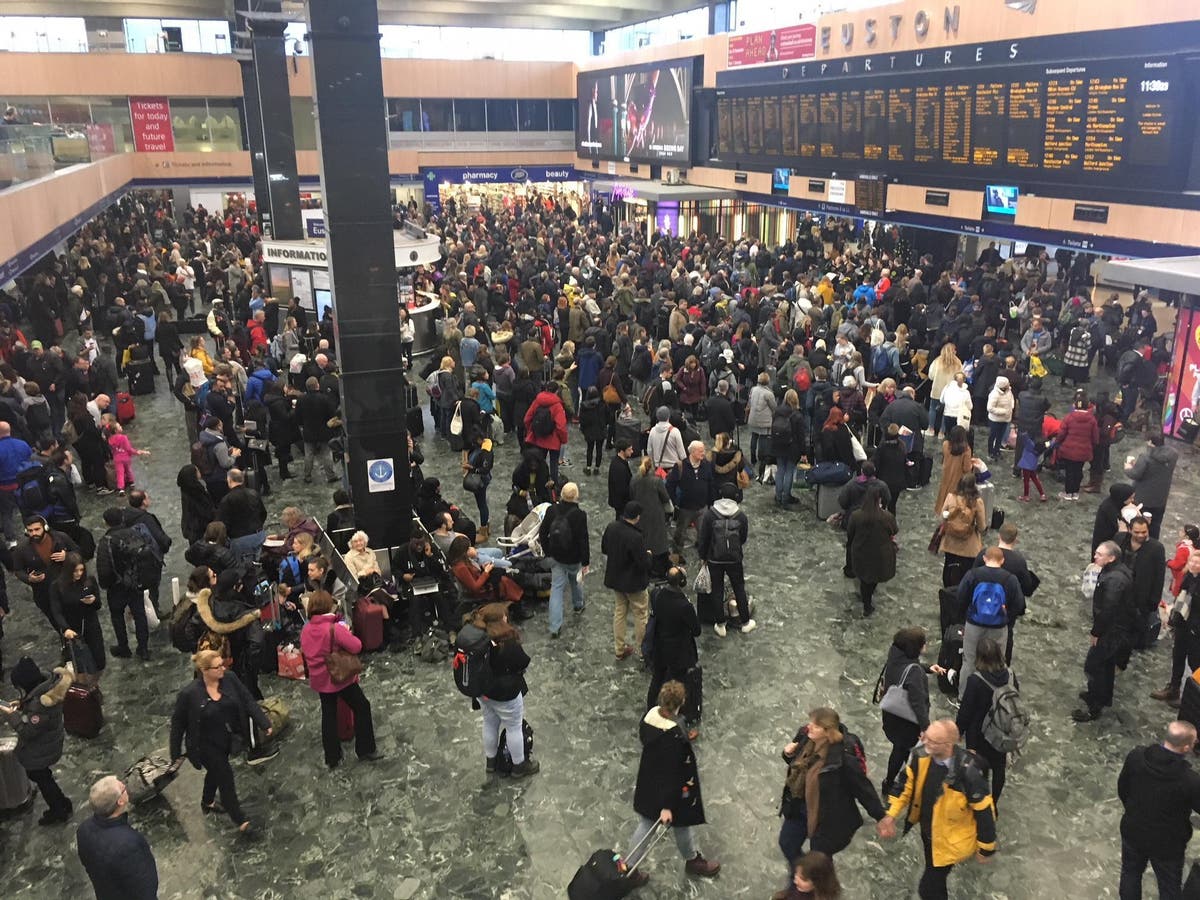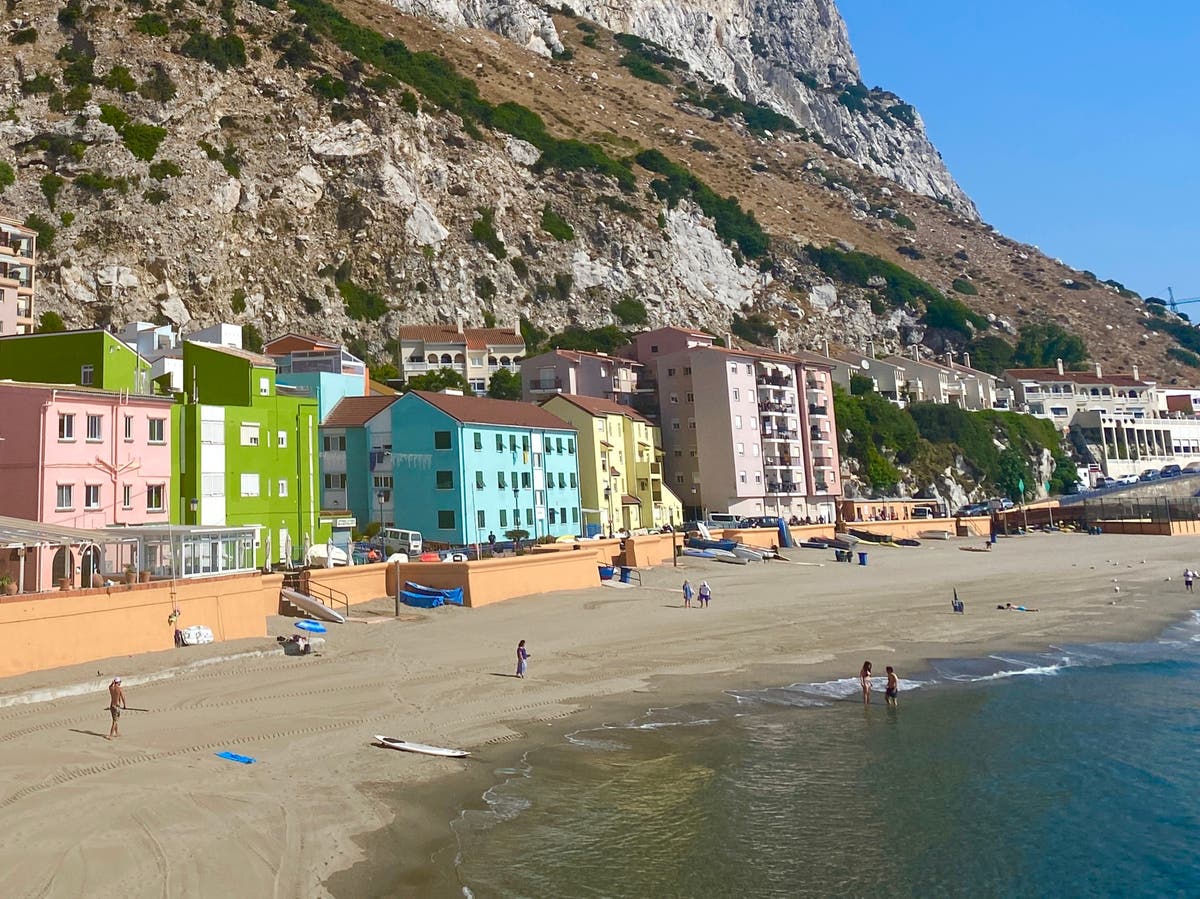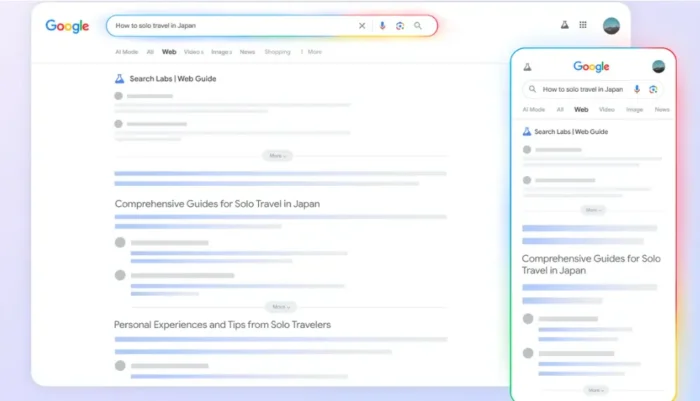West Coast rail disruption all over by Christmas, vows Avanti West Coast
‘We’re not there yet by any stretch of the imagination, but we are making progress’ – Richard Scott, Avanti West Coast

Intercity rail passengers on the West Coast main line should see a return to an almost normal service by December, MPs have been told.
The Transport Select Committee summoned Richard Scott, representing the much-criticised Avanti West Coast operation, to its hearing on summer travel disruption.
In July passengers travelling between the West Midlands, northwest England, southern Scotland and London suffered hundreds of train cancellations. Avanti West Coast blamed a sudden, collective refusal of drivers to work on their rest days. Around 500 trains per day had previously been crewed on overtime, but volunteers dried up as a long and bitter industrial dispute intensified.
In August Avanti West Coast brought in an emergency timetable, with key links from Manchester and Birmingham reduced by as much as two-thirds.
But Mr Scott said when a new timetable takes effect in December, trains between London and Manchester would once again run every 20 minutes, as they did before the coronavirus pandemic, and that almost all other services will be restored.
He told MPs: “We are absolutely focused on making this better. We need to deliver a better service for our passengers, for our communities, for the businesses that we serve and drive regional economic growth.
“I am pleased to say we have made progress. In the last week the cancellations are down to around one in 20 – that is still much higher than we would like, but it is significantly better than it was at the start of the summer.
“We’re continuing to work with a sole focus on improving the timetable, making it robust and sustainable for all our passengers.”
Christian Wakeford, Labour MP for Bury South in Greater Manchester, challenged Mr Scott about a Wednesday morning cancellation on the West Coast main line to London.
“The 8.55 from [Manchester] Piccadilly this morning had a platform dedicated for the train, and it was cancelled with next to no notice,” he said.
“When’s the progress going to start?”
Mr Scott replied: “We are making progress. I am sorry about that individual case.
“There will always be short-notice cancellations. But the percentage of short-notice cancellations has dropped by two-thirds since the start of this particular problem.
“We’re not there yet by any stretch of the imagination, but we are making progress.”
He said the improved schedule would not rely on rest-day working.
Avanti West Coast told passengers the cancellation of the 8.55am was “due to train crew being delayed”. Other cancellations include a London-Liverpool round-trip and a Crewe-Holyhead service – all “due to a shortage of train crew”.
The company, which is jointly owned by FirstGroup and Italian state-owned company Trenitalia, has had its contract to run intercity trains on the West Coast main line extended by six months – with the proviso that services improve.
Also appearing before MPs was Tim Shoveller, chief negotiator at Network Rail.
He said negotiations with the rail unions on how to reduce the cost of the railway had started in April 2021.
“Fundamentally this is an issue that the rail industry has to solve itself,” he said. But he conceded: “It’s been a very slow summer.”
Mick Lynch, general secretary of the RMT union, also appeared before the committee. He told MPs that the employers “will have to back down, frankly, on some of the demands they are making of us”.
He added: “We could settle these with a bit more money.”
When asked his view on driverless main line passenger trains, Mr Lynch said: “You’d have to spend more money than Kwazi Kwarteng printed last week to bring in driverless trains.”

 Tekef
Tekef 































